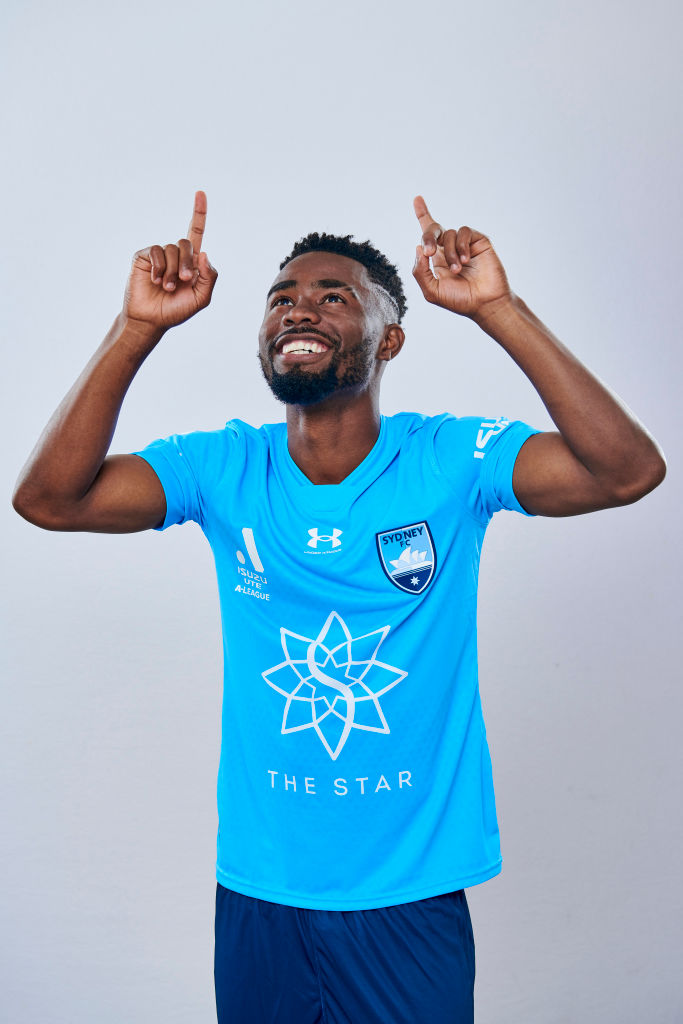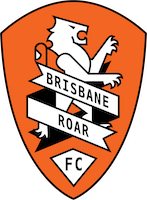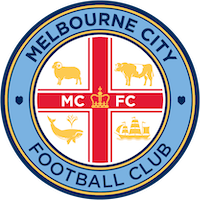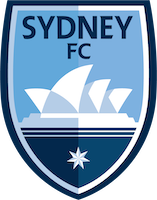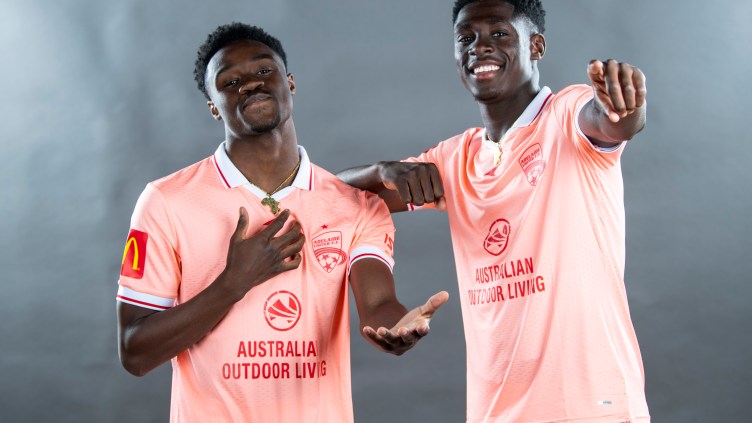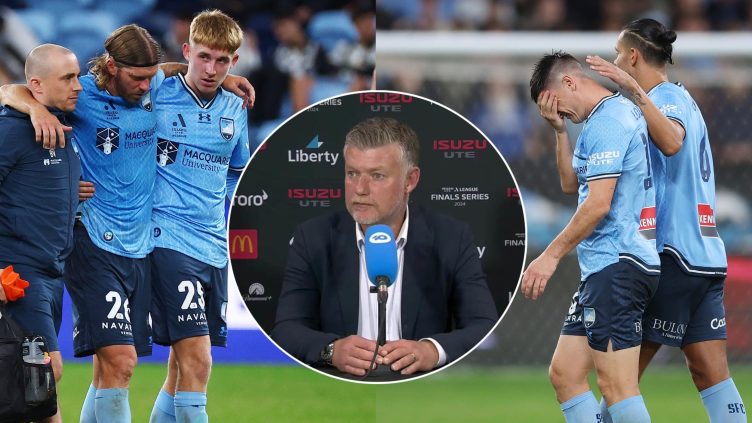To celebrate the Africa Cup of Nations kicking off in Cameroon this week, Matt Comito explores the relationship between our two continents, and the opportunity presented by a blossoming cohort of African-Australians footballers.
Whether playing on a bare patch of land with tin cans for goals or on a freshly mown, floodlit carpet with cameras trained on your every move, we all speak the language of football just the same.
Not one culture defines the game, but each has its own beliefs on how best to play it. Travel to different corners of the globe and you’ll experience this firsthand.
This week saw the African Cup of Nations kick off in Cameroon – the 33rd edition of the Nations Cup which the five-time champions are hosting for the first time in half a century.
In Africa, football is a key part of the fabric of society across the continent. Former Socceroo Francis Awaritefe grew up in Nigeria, and from a young age the game was everywhere he looked.
“I grew up in Lagos,” Awaritefe told KEEPUP. “I went there when I was aged four. That was my first real experience of football.
“They were just football mad; people played the game anywhere. Any patch of bare ground you could find, kids would be playing football.
“You could use jumpers, shoes, or even tins and cans as goals. You were playing 2v2, 3v3, 11v11, 20v20, it was just everywhere.”
The English-born Australian played domestic football in, and international football for, Australia through the 1990’s at a time when Australian players of African descent were few and far between. But migration patterns have led to unprecedented numbers of African-Australian players gracing our game in recent times.
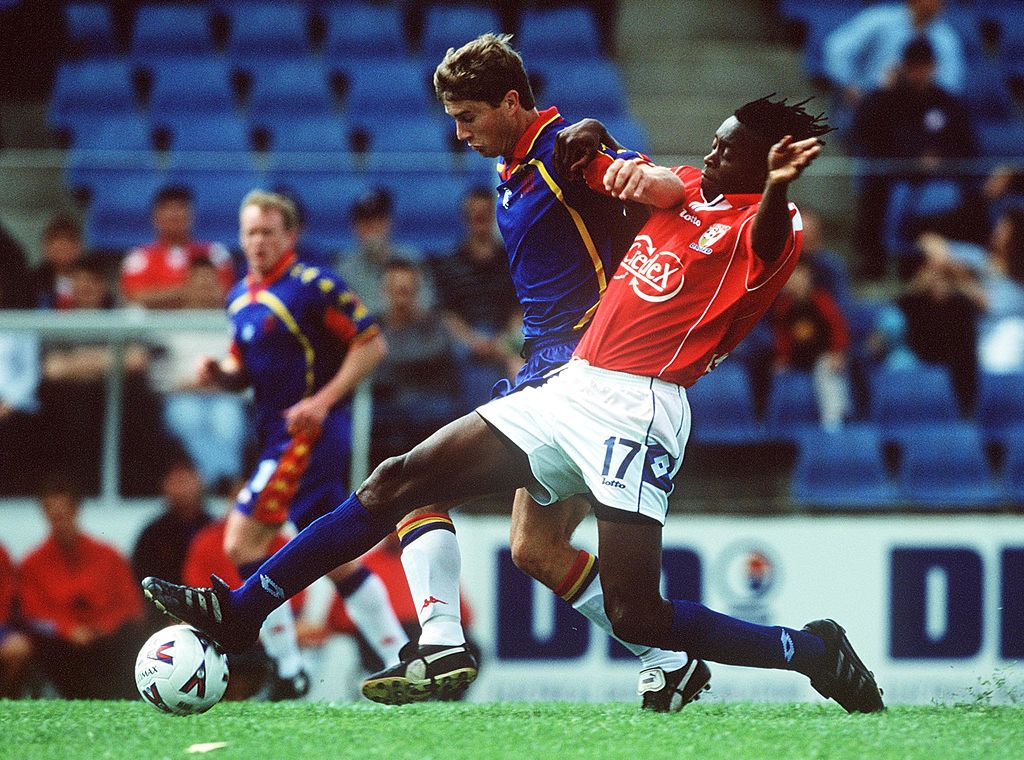
According to Andrew Howe, In 2019/20 a record 26 players of African heritage made at least one league appearance in the Isuzu UTE A-League – that number was toppled the following season by the 35 who featured in 2020/21.
Just weeks into the current campaign a total of 21 players of African descent have already made their mark, the most recent being 15-year-old Nestory Irankunda.
It’s only fitting that Irankunda – a Burundian-born Tanzanian – should lead the Isuzu UTE A-League’s newest generation as the very first debutant to be born after the league’s inaugural fixture in August, 2005.
This generation will be defined by the diverse cultures of those who follow Irankunda’s path into the Australian men’s top flight.
It’s a far cry from season one of the Isuzu UTE A-League in which the quota of players with African heritage was just two – Jonti Richter and Chad Gibson – let alone the 1990’s, when Awaritefe would look around at his teammates and opponents in the NSL, and at times not find a single player of African descent looking back at him.
“I know that in the NSL, there were years where it was just me,” Awaritefe said. “I was the only player with an African background in the league for a while.
“It was different. Was I aware of it? Of course I was, because there weren’t that many black players. It was very different, a different era then.
“Now it’s just so much more prominent. I think we’ve had a number go on now to play for Australia, including myself and a few others after me.
“It’s very different now. I watch a fair bit of the NPL, and you do notice it. A lot of teams will have at least one player from an African background, it’s so much more common now whereas when I think I was here, there just weren’t any.
“It’s great to be witnessing the increasing number of players from the African diaspora, or certainly from an African background, are starting to make their mark in the A-League now.
“It’s a younger generation now, many who are from refugee backgrounds in South Sudan and other areas of Africa, to see them make an impact, and see how football has been central in helping them settle into Australia.
“We’re now seeing increasing numbers as more and more of this generation of immigrants and refugees adopt Australia as home. It’s a great testament to how football can be a fantastic vehicle in helping people from that part of the world to integrate into Australian society.
“Because of the global nature of football, it is a language,” he added. “It’s a language spoken everywhere around the world, basically. It’s built into the DNA of the game, the global nature of football.
“You see that when you look historically at the game in Australia with the European migrants who came to Australia after the war. It’s the same thing – most European migrants whether they were Greek, Croatian, Serbian, Italian or even British, they were the ones who sustained football in Australia for a long period of time, and even to this day.
“I think that’s another reason why we see this strong gravitation to football for people of African descent.”
A 2009 paper commissioned by the Australian Human Rights Commission found that in 1947, 98.1% of Australia’s population was of English-speaking origin. By 2006 that number had reduced to 85.6% – and it was through those earliest years of the 2000’s when a surge in the population of Africans in Australia laid the foundation for the current generation of footballers with African origins to flourish in the Isuzu UTE A-League today.
The paper shared how the Sudanese population in Australia grew to six times its size between 2000 and 2005, whilst the population of West Africans – largely from Nigeria and Ghana – almost doubled in a similar timeframe.
The influx of Africans to Australia accelerated with the dissolution of the White Australia policy in the late 1960’s and early 1970’s; the Australian censuses show the African-born population in Australia grew from roughly 62,000 in 1971 to just under one quarter of a million in 2006.
The African population in Australia grows alongside the ever-increasing number of people from countries across the globe calling new lands home. In 2020 the United Nations reported 281 million people were living outside their country of origin, up from 173 million in 2000.
Former Socceroo and human rights activist Craig Foster says arrivals from foreign lands are aided in their efforts to find a sense of place in Australia by the world game.
“There’s two ways the game contributes typically,” Foster told KEEPUP. “Many newly arrived migrants will coalesce around community-based clubs, where they speak the same language, they carry the same passions and quite often the same traumas. Through their love of football they can congregate and interact with other communities through the game, and over time find their place in Australian society, wherever that is.
“The other way, typically, is players of any cultural background playing in clubs that are typically hugely multicultural. A young African playing with a young Syrian, a young Greek-Australian, an Italian-Australian, an Anglo-Australian all playing together, sharing their joy of football, getting to know each other, breaking down barriers, even often inadvertently.
“Just by playing together they’re in close proximity, they start to understand each other’s ways, each other’s cultures, they meet each other’s family and friends, they eat each other’s food and eventually they become teammates, then friends, then contributing social members who stand up for and protect each other.
“The most important aspect is what football provides on the social level. It gives individuals, groups, families, communities an opportunity to integrate and to break down barriers. Those who are both talented and dedicated can then have an opportunity to excel and represent their new country.”
And that’s exactly what we’ve seen through the expanding population of African-Australians.
Awaritefe was one of the Socceroos trailblazers. Bruje Djite followed in his footsteps, as did Awer Mabil and Thomas Deng when the pair of South Sudanese refugees born in Kenya debuted together on the same night for the Socceroos in 2018.
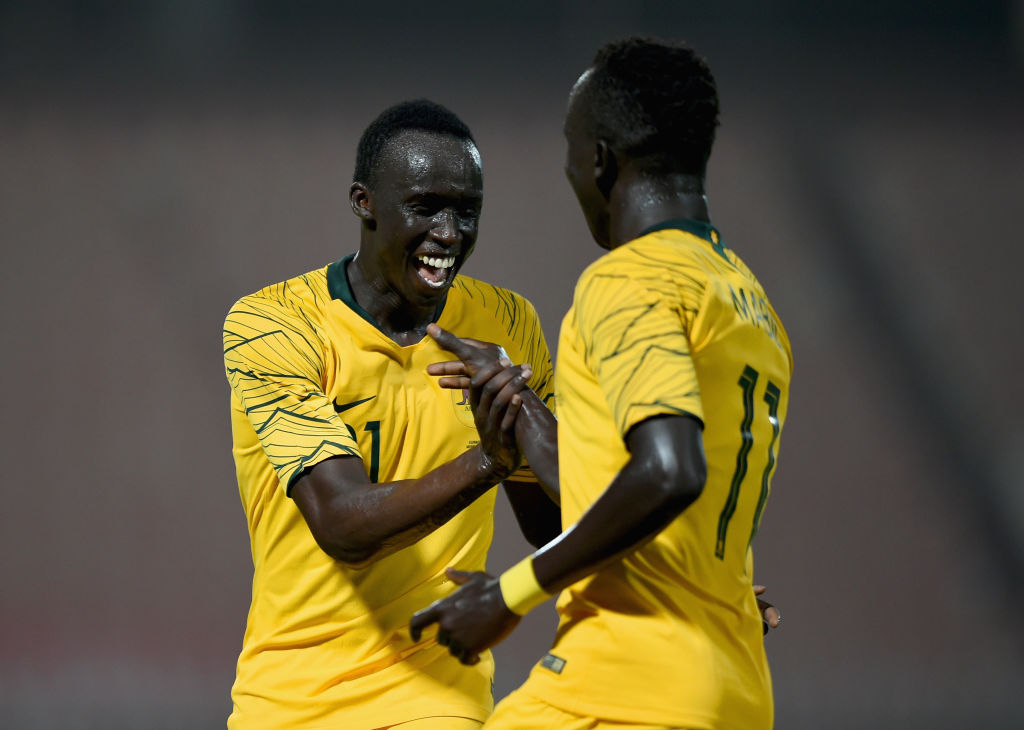
In the 2020/21 Isuzu UTE A-League campaign, it was Sudanese refugee Alou Kuol making the headlines. The Central Coast Mariners’ golden boy bagged himself a move to German outfit VfB Stuttgart in the aftermath of a successful campaign, where he’s since thrived in the cut-throat environment of European football.
When the likes of Kuol, Deng and Mabil burst onto the scene as footballers, the past came to light, and their stories were told.
You heard how a young Kuol fled Sudan with his family through Egypt to find refuge in Australia, or how a four-month-old Elvis Kamsoba wailed whilst fleeing Burundi across Lake Tanganyika by boat, so much so people urged his mother to throw him overboard, as he told the Sydney Morning Herald in 2019.
These are the stories, Foster says, which help to educate football lovers across the country of the diverse nature of the land in which they reside.
“Australian football has always been blessed to have a rich diversity of cultural talent,” Foster said. “As importantly, though, representation is extremely important.
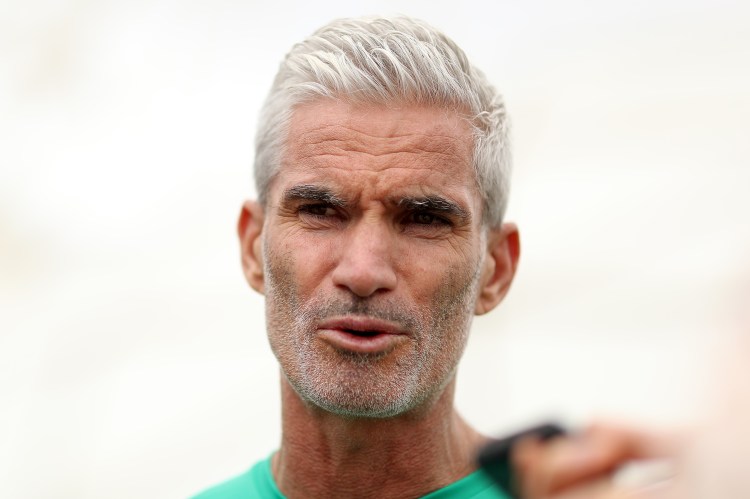
“Take for example the demonisation and the racist attacks on African communities in Melbourne and particularly the Sudanese Australian community, when African Australians are excelling at football and playing for their country, it places the game in a really important position where we are obligated to not just speak for them and with them, but for their community.
“But by this new generation of African Australian youth coming through, it gives several million Australians a different view of African Australia, and it puts us all in a position where if we watch these kids play and support them in our football clubs then we understand something more about the diversity of Australia, and we understand something more about the differences in colour.”
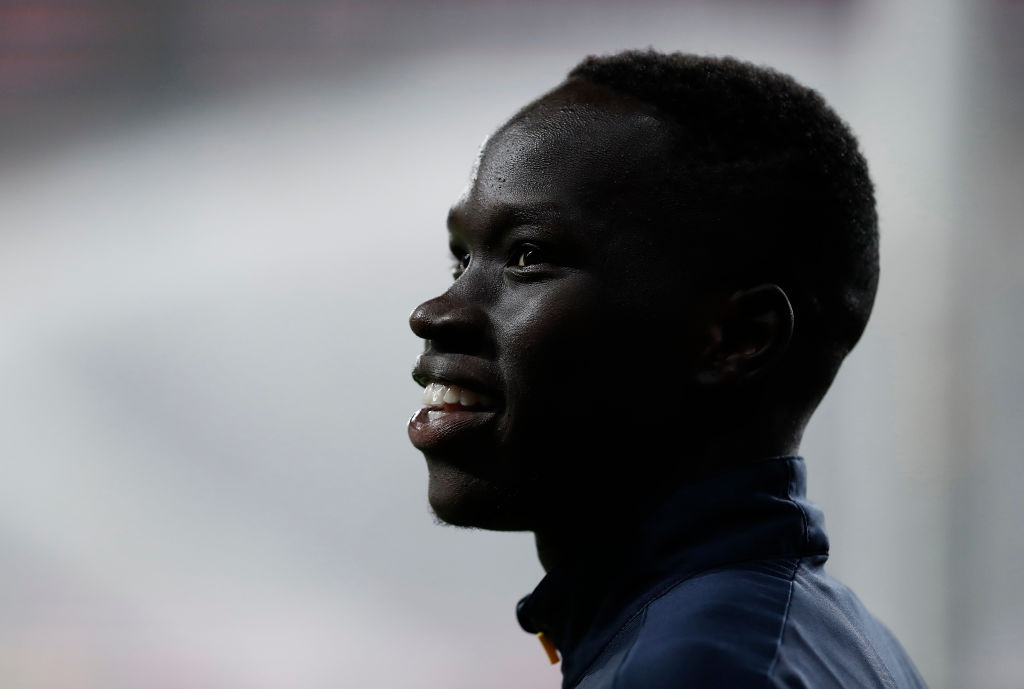
The record 35 African players/players with African background who featured in the Isuzu UTE A-League last season were:
Stats collated by Andrew Howe
BENIN: Rudy Gestede. BOTSWANA: Brandon Wilson. BURUNDI: Elvis Kamsoba, Pacifique Niyongabire. REPUBLIC OF CONGO: Hassan Ramazani. CONGO DR: Charles Lokoli-Ngoy, Charles M’Mombwa. ERITREA: Golgol Mebrahtu. ETHIOPIA: Yared Abetew. GHANA: Kwame Yeboah. CÔTE D’IVOIRE: Adama Traore, Cyrus Dehmie. KENYA: Bruce Kamau. LIBERIA: Al Hassan Toure, Mohamed Toure, Yaya Dukuly. MAURITIUS: Nikolai Topor-Stanley. NIGERIA: Ben Folami, Bernie Ibini, Zaydan Bello. SOUTH AFRICA: Brandon Lauton, Keanu Baccus, Storm Roux. SOUTH SUDAN: Ayom Majok, Jing Reec, Kusini Yengi, Manny Aguek, Tete Yengi, Valentino Yuel. SUDAN: Adisu Bayew, Alou Kuol, Osama Malik, Ruon Tongyik. UGANDA: Jason Geria. ZIMBABWE: Tando Velaphi.

“I think it adds something different to Australian football,” Awaritefe said. “It adds a different flavour in terms of the characteristics of some of these young players.
“I look at someone like Kusini Yengi and I like watching him play because he’s got a lot of personality. I like that about him; I think somewhere like Australia where we don’t like it when you stick your head above the parapet and people want to knock your head off, but I love the fact the kid has got that self belief, but just deliver. Deliver and show people how good you are and you’re all good.
“This is not just a thing that’s contained to Australia. If you look at some European countries as well, they’ve seen the benefits of migration in terms of the composition of national teams in Europe, like Switzerland, Belgium, Poland… you’ve had black players come through from African backgrounds.
“We can see now the way immigration and to a lesser extent refugees and migrants, how they’re reshaping football in national teams globally, and I think that’s a great thing to see. Australia’s a country where we’re now seeing that much more closely, and I think it’s going to benefit us in the long run.
“It’s just great to see these young kids integrating and adding to our football, and bringing something along that’s a bit different. They’re all brilliant people representing their communities in a brilliant way.”
